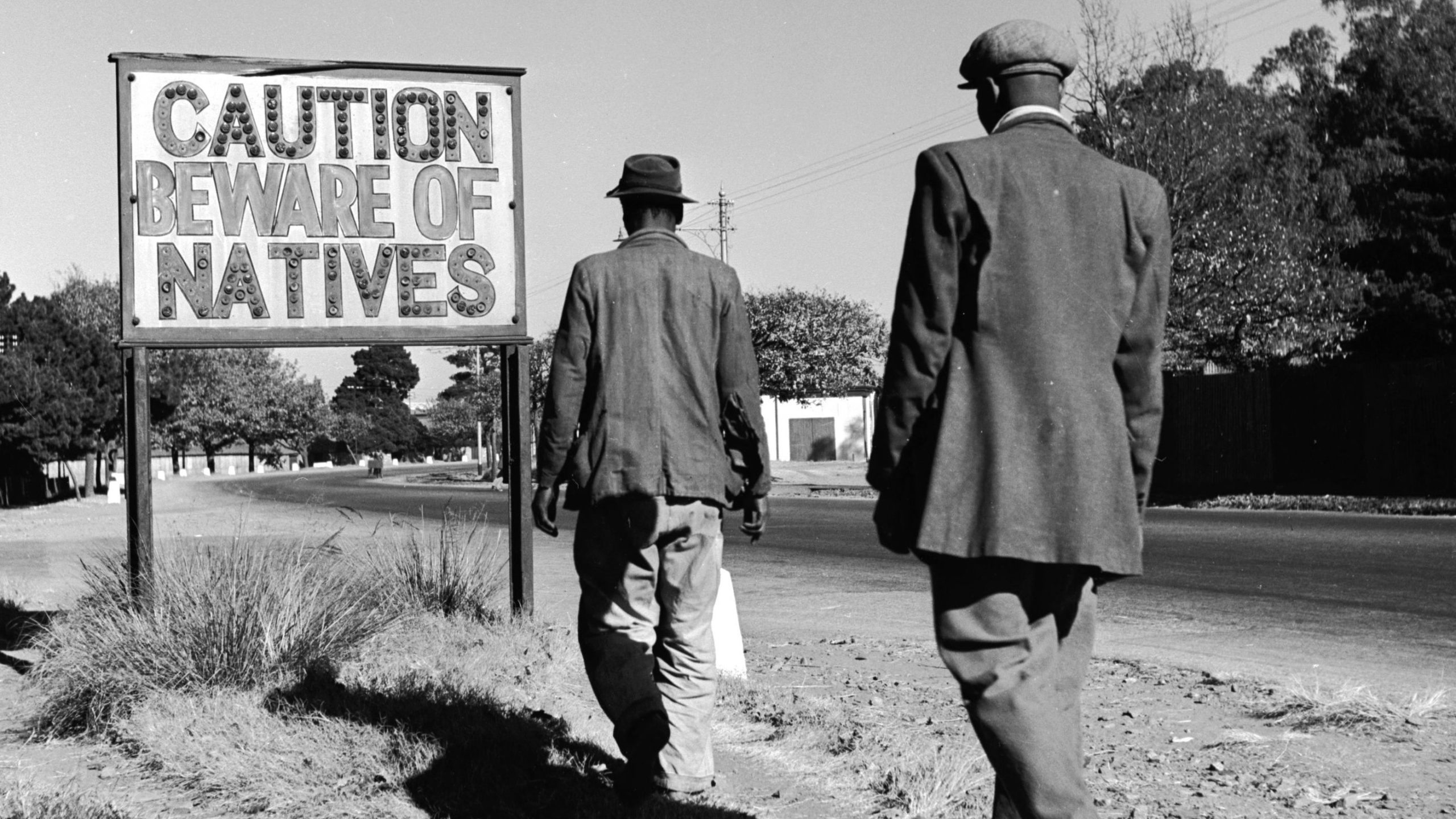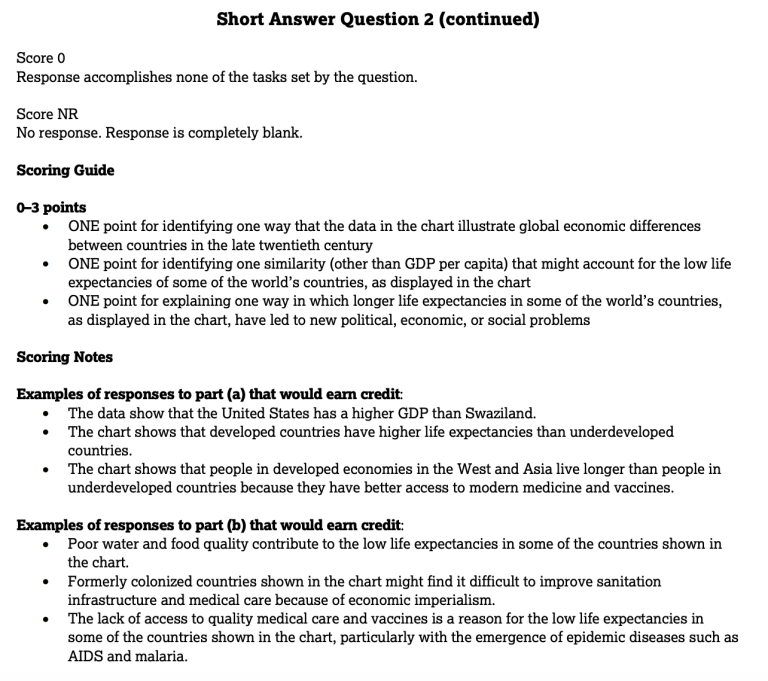How Did Apartheid Have An Impact On World History
Apartheid was a system of institutionalized racial segregation and discrimination that existed in South Africa from 1948 until the early 1990s. It was a form of institutionalized racism that was based on the premise of racial superiority and domination. Under apartheid, the rights, associations, and movements of the majority nonwhite population were restricted and controlled. This resulted in severe economic and political inequality and widespread human rights abuses. The apartheid system had an immense impact on world history, as it was met with widespread international condemnation and ultimately led to the dismantling of the system in the early 1990s. The legacy of apartheid is still felt in South Africa today, and the global impact of this brutal system of racial discrimination continues to be felt around the world.
Definition and Overview of Apartheid
Apartheid was a system of racial segregation imposed in South Africa from 1948 to 1994. During that time, the South African government enforced discriminatory laws and policies that denied the majority of the population basic human rights, including access to education, employment, and housing. Apartheid was a system of institutionalized discrimination against non-white South Africans, and it was a major issue in international relations from the 1960s onwards.
Apartheid was a form of racism that denied people of color their basic rights, such as the right to vote, own land, or obtain an education. The South African government also implemented policies that restricted the movement of black South Africans, such as the Group Areas Act of 1950, which designated certain areas as “whites only”. Additionally, the government implemented a system of “pass laws”, which required black South Africans to carry a special identification document in order to move freely.
Apartheid had a profound effect on the history of South Africa, and it had a major impact on the international community. Apartheid’s policies of racial segregation and discrimination were condemned by the United Nations and other international organizations. As a result, many countries placed economic sanctions on South Africa, and the international community worked to end the system of apartheid. Ultimately, the policy was abolished in 1994, and the South African government began to implement measures to ensure racial equality.
Overall, apartheid had a major impact on world history, and its legacy still affects South Africa today. The system of apartheid denied basic human rights to many South Africans, and it sparked a global movement for racial justice and equality. The end of apartheid in 1994 was a major milestone in the history of South Africa and the world.
Political and Social Effects of Apartheid
Apartheid was an oppressive system of racial segregation enforced in South Africa from 1948 to 1994. The system was used to suppress the majority black population and establish a white minority rule. Apartheid had a deep and lasting impact on South African society and the wider world. Its legacy can still be felt today, even after the end of apartheid.
Politically, apartheid led to the rise of the African National Congress (ANC). The ANC was founded in 1912 as an organization to fight for the rights of black South Africans, but it grew in strength and power during the era of apartheid. The ANC led the fight against apartheid, and eventually succeeded in ending the oppressive system in 1994.
Socially, apartheid had a devastating effect on South African society. It created a system of racial discrimination that denied basic human rights to the majority of the population. The system also promoted economic inequality, as the majority black population was denied access to education, employment, and other basic services. This left many South Africans in poverty and without basic necessities.
The effects of apartheid were felt beyond South Africa’s borders. The system was widely condemned by other countries and the international community. The United Nations imposed sanctions on South Africa in an effort to pressure the government to end the system.
Apartheid had a deep and lasting impact on world history. Its legacy can still be felt today, and it serves as a reminder of the power of oppression and the importance of human rights.
Impact of Apartheid on Race Relations
The Apartheid period in South Africa was one of the most oppressive and divisive eras in world history. It had a lasting impact on race relations and the way individuals and groups interacted with each other. Apartheid was a system of racial segregation that enforced segregation of the races and prevented intermarriage, as well as giving the white minority control over the majority non-white population. The effects of Apartheid are still seen today, as the country continues to struggle with the legacy of the era.
The Apartheid system was enforced through legislation and social policies such as the Group Areas Act, the Prohibition of Mixed Marriages Act, and the Population Registration Act. These laws restricted the rights of non-white citizens to own property, receive education, and participate in the political system, effectively limiting their access to resources and opportunities. This contributed to an environment of discrimination and inequality, which resulted in many people facing poverty and oppression.
Apartheid also had an effect on race relations, as the segregation and discrimination created a sense of distrust and hostility between the races. This has had long-term implications for South African society, as it has been difficult to repair the damage caused by the Apartheid era.
The legacy of the Apartheid era is still felt today, as the country continues to struggle with issues of inequality and racism. Despite the progress made in recent years, there is still much to be done in order to create a more equitable and inclusive society. It is important to learn from the mistakes of the past and use this knowledge to shape a better future.

Economic Impact of Apartheid
Apartheid, the South African policy of racial segregation and discrimination, had an immense impact on the country’s economy. While the policy was in place, it severely restricted the economic opportunities of the majority of the population, the people of color. This inequality was caused by laws that barred people of color from having access to resources and opportunities. This had a devastating effect on the country’s economy, leading to a lack of investment in infrastructure, education, and other areas that would have been beneficial for everyone. As a result, South Africa experienced a period of economic stagnation and extreme poverty.
Apartheid also had a negative impact on the world economy. International trade with South Africa was severely limited and the sanctions imposed by the UN Security Council and economic boycotts by many countries had a detrimental effect on the country’s economic growth. International investments in the country also dwindled, as companies and investors were unwilling to invest in a country with such a discriminatory policy.
Apartheid had far-reaching consequences for South Africa and the world economy. The policy caused immense economic inequality and poverty, and it had a negative impact on the global economy. It also perpetuated an environment of discrimination and prejudice, which still has effects today. The fall of the policy in the early 1990s was an important step in restoring economic opportunity and justice in South Africa, as well as improving the country’s economic standing in the world.
Cultural Impact of Apartheid
Apartheid, the systematic racial segregation and oppression of South Africa’s non-white population, is one of the most infamous events in recent history. It had a profound impact on South Africa, but its effects were felt far beyond the country’s borders. Cultural Impact of Apartheid was tremendous, as it not only changed the way people thought and acted in South Africa, but it also had an impact on the rest of the world.
The cultural impact of apartheid was wide ranging and included changes in South Africa’s relationships with other countries, the way people engaged in cultural activities, and the way people viewed their own racial identity. It also had a huge impact on the world’s perception of South Africa, leading many to view it as a pariah state.
Apartheid also had a significant impact on South Africa’s economy. Companies were reluctant to invest in South Africa due to the oppressive policies, and this led to a large decline in economic growth. This in turn had a knock-on effect on the rest of the world, as the country was no longer able to contribute to the global economy.
Apartheid also had a major impact on how people interacted with each other in South Africa. The segregation of races meant that people of different races could not interact with each other, leading to an increase in mistrust and tension between different groups. This was reflected in the way people engaged in cultural activities, as activities such as sports were segregated.
Apartheid had a hugely negative impact on South Africa, but its effects were felt far beyond the country’s borders. Its cultural impact was profound, as it changed the way people thought and acted, and had a major impact on the world’s perception of South Africa. The economy was also affected, as companies were reluctant to invest in South Africa, leading to a decline in economic growth. Finally, it had a major impact on the way people interacted with each other, as the segregation of races led to increased mistrust between different groups.
International Response to Apartheid
The international response to apartheid in South Africa was a crucial factor in its eventual end. The United Nations, and various countries around the world, took a stand against the oppressive regime. Some of the earliest condemnation came from the United Nations, which passed a resolution in 1962 condemning apartheid and calling on member states to take necessary action. Many countries responded to the United Nations’ resolution by imposing economic sanctions and boycotts against South Africa. The United States, the United Kingdom, and other nations were among those who imposed economic sanctions. Due to these international efforts, South Africa’s economy was severely weakened and its government became increasingly isolated. International pressure was also applied through the use of diplomatic efforts, such as the Commonwealth initiative, which included the imposition of economic sanctions and the severing of diplomatic ties. Ultimately, the international response to apartheid was a major factor in its end. The international community, by showing a united front against the oppressive regime, was able to send a message to the South African leadership that the world was no longer willing to accept the injustices of apartheid.
FAQs About the How Did Apartheid Have An Impact On World History
1. What was apartheid?
Apartheid was a system of racial segregation enforced by the South African National Party from 1948 to 1994. It was designed to give the white minority power and authority over the majority black population in the country.
2. What were the effects of apartheid?
Apartheid had a devastating effect on South African society, creating extreme economic inequality, social and political oppression, and a lack of human rights for the majority of the population. The effects of apartheid are still felt today in South Africa, particularly in terms of racial disparities in education, healthcare, and employment.
3. How did apartheid have an impact on world history?
Apartheid served as a rallying point for activists around the world who were fighting for human rights and racial equality. The international community’s response to South Africa’s apartheid system helped to bring about its eventual end, and also served as an example for other countries to follow in terms of tackling racism and inequality.
Conclusion
Apartheid had a profound and lasting impact on world history. It was a system of racial segregation and oppression that was imposed by the government of South Africa during the mid-20th century. Apartheid created an unequal society and caused social, economic, and political strife throughout the country for decades. It also had a global impact, inspiring other countries to stand up against racial discrimination and oppression. The world watched as South Africa moved from a system of apartheid to a democratic society, and this was a major event in world history. Although the effects of apartheid are still felt in South Africa, its legacy has left a lasting impact on the world.




